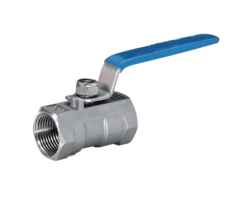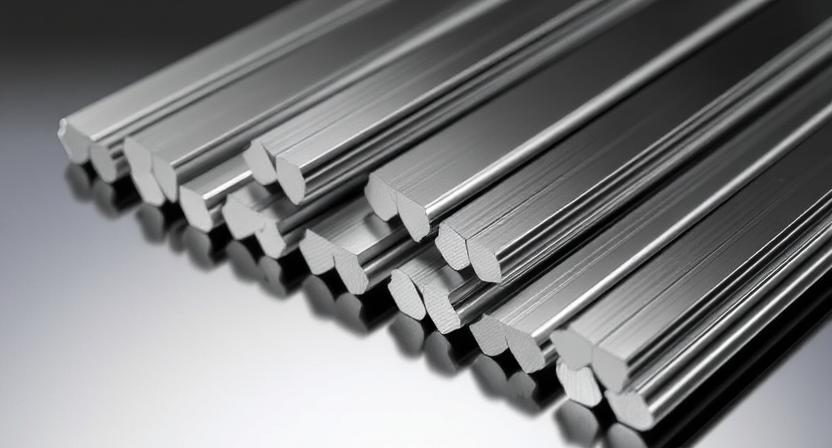SS 304 Ball Valves
Ferrobend employs advanced technology and strict quality control measures to manufacture SS 304 ball valves. The process involves several critical steps to ensure the highest quality standards. The manufacturing process begins with the selection of premium-grade SS 304 raw materials. Ferrobend sources its stainless steel from reputable suppliers to ensure consistency and quality. Using state-of-the-art machinery, the stainless steel is cut and shaped according to precise specifications. This stage involves laser cutting, CNC machining, and other advanced techniques to achieve accurate dimensions. Heat treatment is a crucial step to enhance the material's properties. The valves undergo annealing and other heat treatment processes to improve their strength and corrosion resistance. To achieve a smooth and clean finish, the valves undergo surface treatment processes such as pickling and passivation. This step enhances the valves' aesthetic appeal and further improves their corrosion resistance. Each valve is subjected to rigorous quality control tests. This includes dimensional checks, pressure tests, and functional tests to ensure that the valves meet the highest industry standards.

Ball Valves Specifications
| Size Range | 2" to 72" |
|---|---|
| Body | Gray Iron, Cast Iron, Ductile Iron, CF8, CF8M, CF3M, CD4MnCuN, 904L |
| Seat | Nitrile, EPDM, Viton, Hypelon, Neoprene, PTFE, Metal 304, 316, 904L, 2205, 2507, Inconel 625, 718, Hastelloy C276, C22 |
| Disc | Cast Iron, Cast Steel, Ductile Iron, CF8, CF8M, CF3M, CD4MCuN, 2205, 2507, 904L, Inconel, 600, 625, 718, Hastelloy C22, C276 |
| Stem | AISI 410, 304, 316, 316L |
| Seat Leakage | |
| Temperature Range | |
| Pressure Rating | |
| End Connection | Welded or Flanged to suit B16.5, B16.47, BS Table D/E, EN 1092-1 |
| Operation | Manual Gear Or Lever, Motorised, Pneumatic Actuator |
